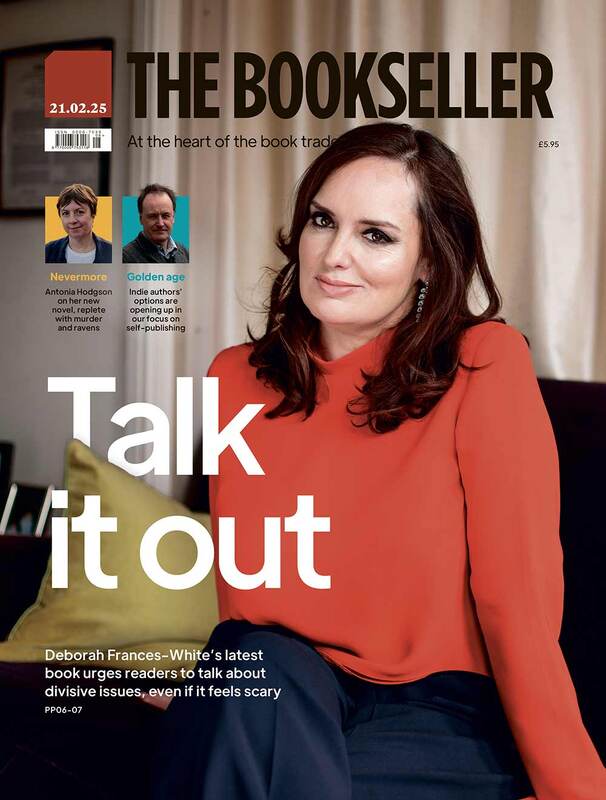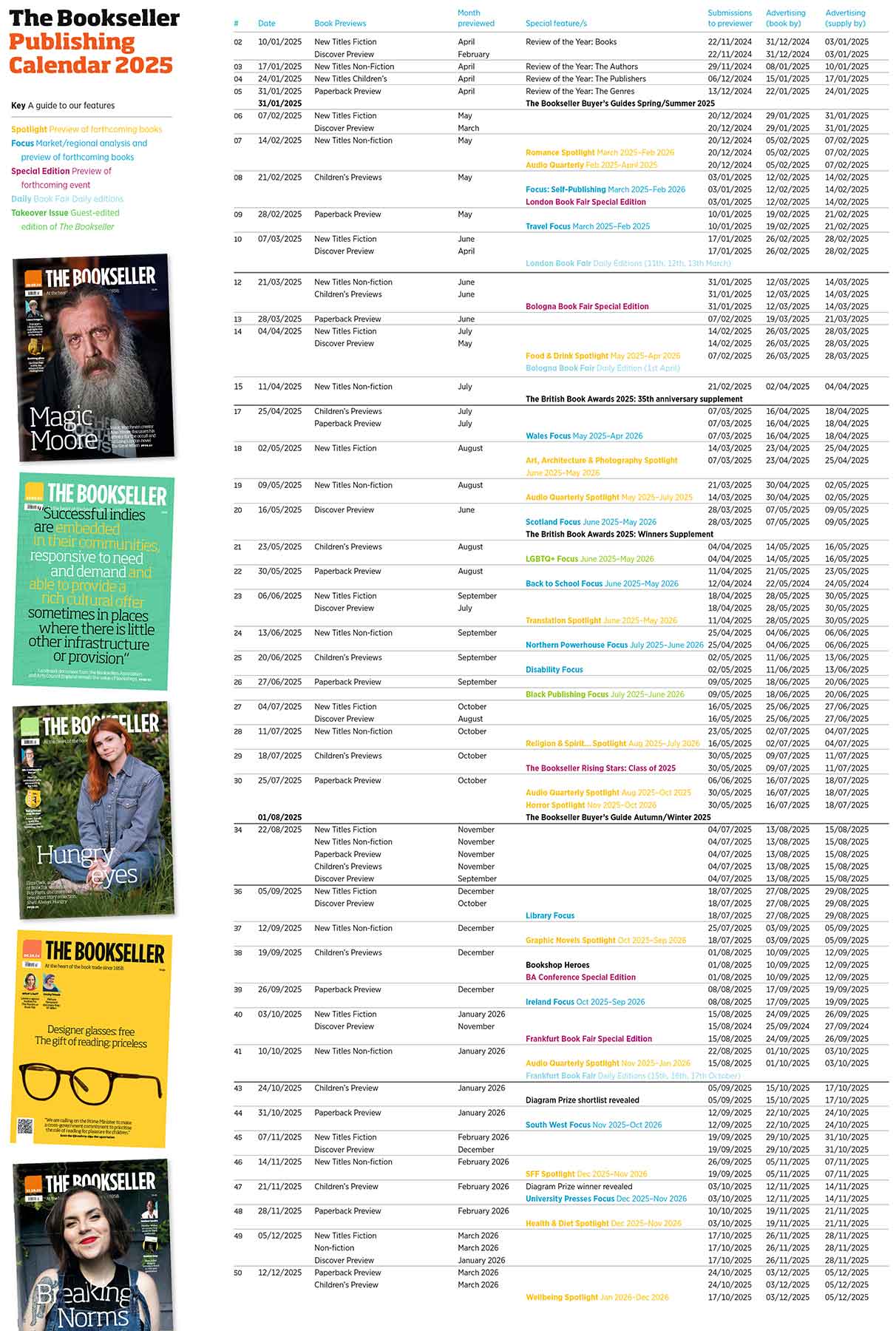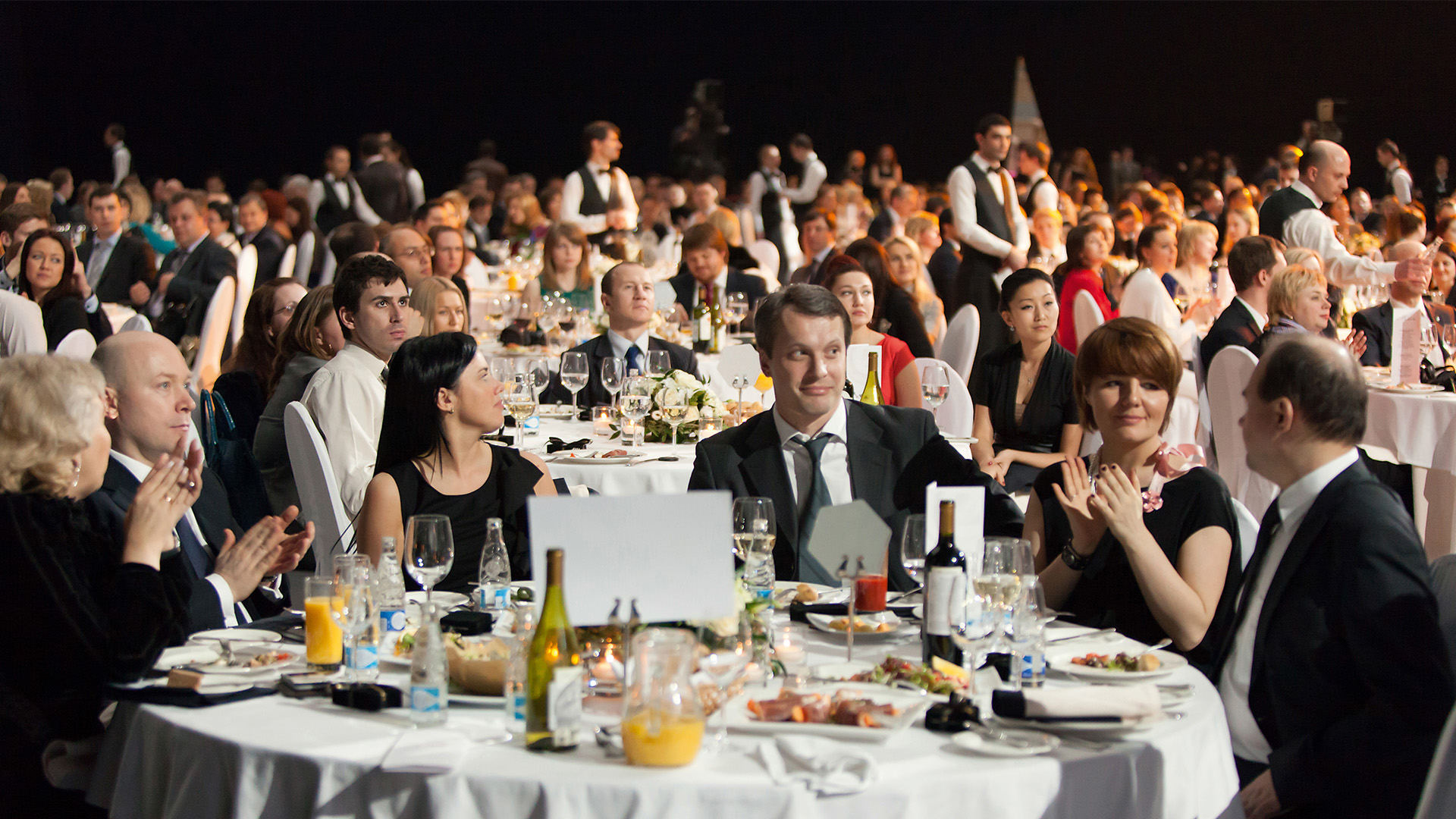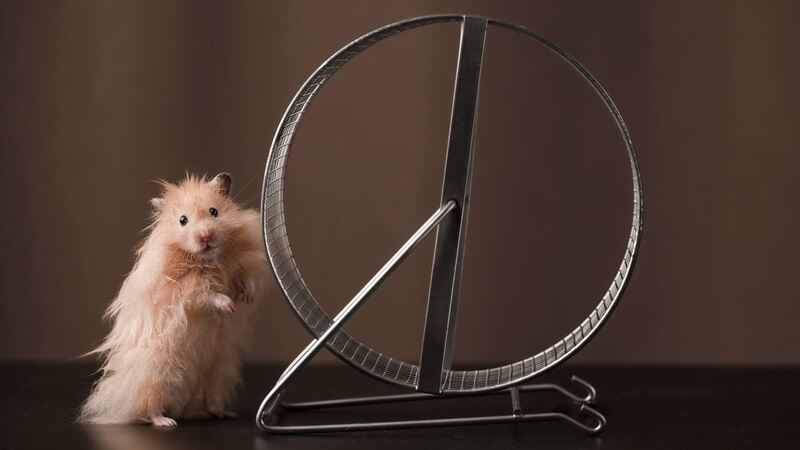You are viewing your 1 free article this month. Login to read more articles.
Party politics
Junior staff power so much of publishing’s success, but we rarely get to join the celebrations.
The much-needed conversation about how to reduce burnout, improve job satisfaction and create a sense of morale among junior publishing staffers has been going on for a while now. Recent articles in The Bookseller have addressed several important ideas, all of which would make a significant difference to our experience of the industry: please pay us more! Please hire more staff and reduce our workload! Please give us the chance to work outside London! But there’s one suggestion I feel is missing from the conversation. Please, publishing, could you invite us to your parties?
OK, hear me out. I’m not suggesting that access to events like these could or should be a substitute for better pay and working conditions, but there is something very uncomfortable about the way these events impose a hierarchy on whose contribution is, and by extension isn’t, worth celebrating. It’s not just that we’re looking for a good time – although, of course, there is an element of that too. It’s that big industry events are the highlights of the publishing calendar, where important connections are forged and where publishing staff are rewarded for all their hard work, but these events repeatedly leave out so many of the people who make them happen in the first place.
Loyalty ignored
Take the recent Nibbies, for example. The Bookseller is very good at reminding us that the British Book Awards is the event of the year. Months in advance, we get email after email about remembering to book our tickets. In fact, it’s probably an assistant who diligently notes the ticket-booking arrangements and makes sure the team’s seats at those dazzling tables are secured in the first place, that the venue has copies of the book, and that the lucky attendees have dietary requirements taken care of and taxis organised to bring them home. But if that same assistant were to ask their employer if they could come along, they’d be met with, at best, an awkwardly polite no, and more likely, dismissive and pitying laughter. So who is it who actually gets to sit in those seats?
By systematically excluding junior staff from attending, those who gatekeep access to these parties make us feel devalued, discouraged and disengaged
Well, it’s a whole raft of senior industry figures, and I’m not doubting for one moment that any of them should be there. Of course they should. But what about the publicity assistant, who spent days tracking down journalist addresses and stuffing proofs into envelopes to secure the brilliant reviews in the first place? What about the tireless sales executive who kept in constant contact with retailers encouraging them to up their orders as publication approached? What about the marketing assistant who stayed up late the night before the submission deadline, painstakingly cutting words to fit within the word count and cropping images into fiddly entry form boxes? What about the editorial assistant who spotted the potential of the prize-winning book in the slush pile in the first place, and went unacknowledged from the moment their manager pitched it at acquisitions?
Team players
I could go on. It takes a whole team to create a successful book, and it’s hugely encouraging to see the Nibbies introduce dedicated awards including production, rights and bookselling. But how many of these staff get invited to author launch parties or book prize parties?
We’re all cogs in a machine. But the publishing party scene seems to suggest that some cogs are more important, and more worthy of celebrating, than others.
It’s only a few weeks until the Women’s Prize party, where the same pattern will repeat itself again. Twitter will fill with images of the chosen few in flowery maxi dresses, descending on Bedford Square and enjoying an evening of networking, inspiring speeches and glasses of fizz.
From home, junior staff will scroll despondently past those tweets, wondering how it could be that their hard work could be so fundamental to their book’s success, but not fundamental enough to be rewarded with a Reading Women tote bag and the buzz of being there as the winner is announced. So much of the conversation around returning to the office after the pandemic centred around the fun of doing things in-person, but it seems that more senior staff have forgotten that their junior counterparts simply don’t get to go to many of the fun events that they do.
Publishing parties are expensive to run, numbers are inevitably limited, and decisions have to be made about who gets a ticket – whether that’s publishers booking their own tables or event organisers drawing up a guest list. But by systematically excluding junior staff from attending, those who gatekeep access to these parties make us feel devalued, discouraged and disengaged.
These events could be valuable learning events for us too, and we could use them to make industry connections and hear valuable publishing insights, from keynote speeches as well as from mid-party gossip. We work incredibly hard for our books and authors – shouldn’t we get to join in with the celebrations for them too?




















